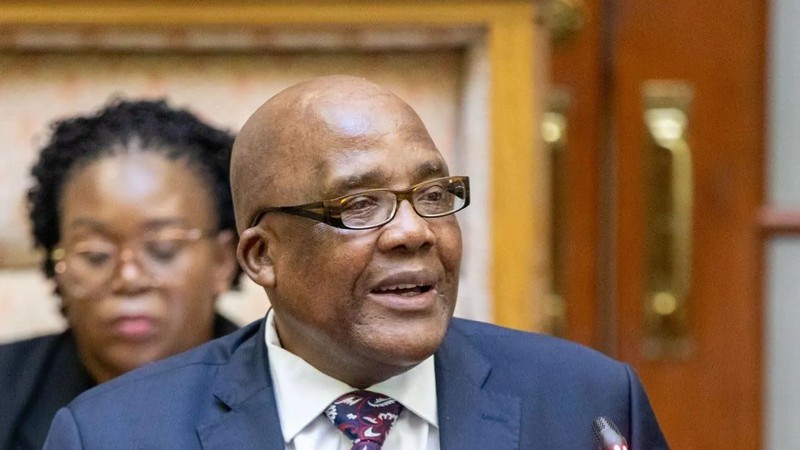The national Health Department wants to go after the companies that looted R2 billion in public funds at Tembisa Hospital.
It has asked the Special Investigating Unit (SIU) to start the process of blacklisting them from trading with the state.
However, ActionSA has laid a complaint with the Public Protector after none of the 207 suppliers implicated in the hospital’s looting spree have been blacklisted.
The SIU’s interim report recently revealed a network of corruption, fraud, and maladministration in procurement processes at Tembisa Hospital, involving three major syndicates responsible for the looting.
The looting involved 207 service providers who traded with the hospital under 4,501 purchase orders that were found to be irregular.
Health Minister Aaron Motsoaledi has revealed that the SIU was submitting the names of the implicated companies to the National Treasury for blacklisting.
This emerged when he was responding to written questions from ActionSA MP Alan Beesley, when he asked which of the service providers have been blacklisted by his department and the reasons for the delay in blacklisting them.
Motsoaledi explained that the National Health Council (NHC), a forum of Motsoaledi and provincial Health MECs, met following the release of the SIU’s interim report last month.
He said the NHC requested that the SIU blacklist the companies during the meeting, as the department lacks the mandate to do so.
“The response we got was that only the National Treasury can blacklist companies from participating in government contracts.
“The SIU informed us that they are submitting the names of these companies to National Treasury for the purpose of blacklisting,” Motsoaledi said, adding that they will wait for the National Treasury processes to be completed.
Responding to a separate question from ActionSA’s Kgosi Letlape, Motsoaledi indicated that the department wants “special due diligence” on the implicated parties.
“In the meantime, SIU has been asked to submit to provinces the list of such companies so that even if there is no blacklisting yet, the heads of department pay special due diligence and investigations before they finalise an award to such companies if bid adjudication committees have recommended them,” he said.
Beesley said his party was deeply concerned by Motsoaledi’s response, which effectively confirmed that none of the 207 implicated suppliers had been blacklisted.
“This means that the individuals and companies who siphoned off billions meant for public health services to buy palatial mansions and Lamborghinis are still able to do business with the state,” he said.
Beesley also said Motsoaledi’s assertion that only the National Treasury is responsible for blacklisting was only partly true.
“Blacklisting corrupt suppliers is the collective responsibility of the relevant accounting officers, such as the Tembisa Hospital CEO and the Gauteng Health head of department, National Treasury, and the Presidency.
“However, in practice, this collective responsibility has translated into no responsibility.”
The Standing Committee on Public Accounts heard earlier this year that 467 individuals and companies were recommended to be added on the Restricted Supplier Register, but only one appeared.
Beesley said ActionSA, as a constructive opposition party in Parliament, refuses to sit idly by while corrupt suppliers continue to do business with the government.
“We have, therefore, laid a complaint with the Public Protector to investigate this systemic maladministration. The Public Protector is investigating our complaint, and we look forward to the outcome of the investigation.”
He added that his party would introduce legislation that gives the National Treasury more power to act swiftly to ensure that corruption-implicated suppliers are barred from ever doing business with the government again.
Motsoaledi revealed that the NHC resolved that there should be a workshop later this month to be attended by the heads of departments, CEOs of central hospitals, and CFOs to discuss further methods to build firewalls around their systems.
